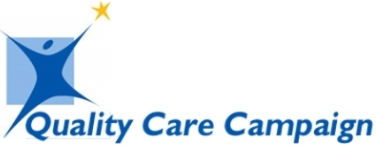 New guidance released for the NHS will teach and help nurses, doctors and medical staff to use instant messaging platforms safely to co-ordinate patients’ care during emergencies.
New guidance released for the NHS will teach and help nurses, doctors and medical staff to use instant messaging platforms safely to co-ordinate patients’ care during emergencies.
NHS staff have been using platforms such as Whatsapp to deal with emergency situations effectively, such as the Grenfell Tower fire, the Croydon tram crash and terrorist attacks in Manchester Arena and London Bridge.
The new guidance will help NHS organisations make a judgement on how and when to use instant messaging services safely in acute clinical settings.
The NHS website said these simple steps should be taken by staff, which include:
- Only using apps and other messaging tools that meet the NHS encryption standard
- Not allowing anyone else to use their device
- Disabling message notifications on their device’s lock-screen to protect patient confidentiality
- Keeping separate clinical records and delete the original messaging notes once any advice has been transcribed and attributed in the medical record.
Dr Simon Eccles, chief clinical information officers for Health and Care, said: “Helping people during a crisis like the Grenfell fire, demands a quick response and instant messaging services can be a vital part of the NHS toolkit.
“Health service staff are always responsible about how they use patients’ personal details and these new guidelines will help our doctors and nurses to make safe and effective use of technology under the most intense pressure.”
Dr Helgi Johannsson, consultant in anaesthesia at Imperial College Healthcare NHS Trust, set up a major incident group chat to help coordinate the hospital’s response to Grenfell Tower.
He said: “Full encrypted instant messaging services can be a particularly useful communication tool in delivering care to people during a major incident.
“From the Westminster attack we learnt it was important not to overload the emergency care co-ordinators with offers of help, so with Grenfell we used instant messaging to help coordinate which staff should come in, who was needed where and plan the service for later on that day which vastly improved the care we were able to provide.”
The new guidance plans were published by NHS England, NHS Digital, Public Health England and the Department of Health and Social Care.
